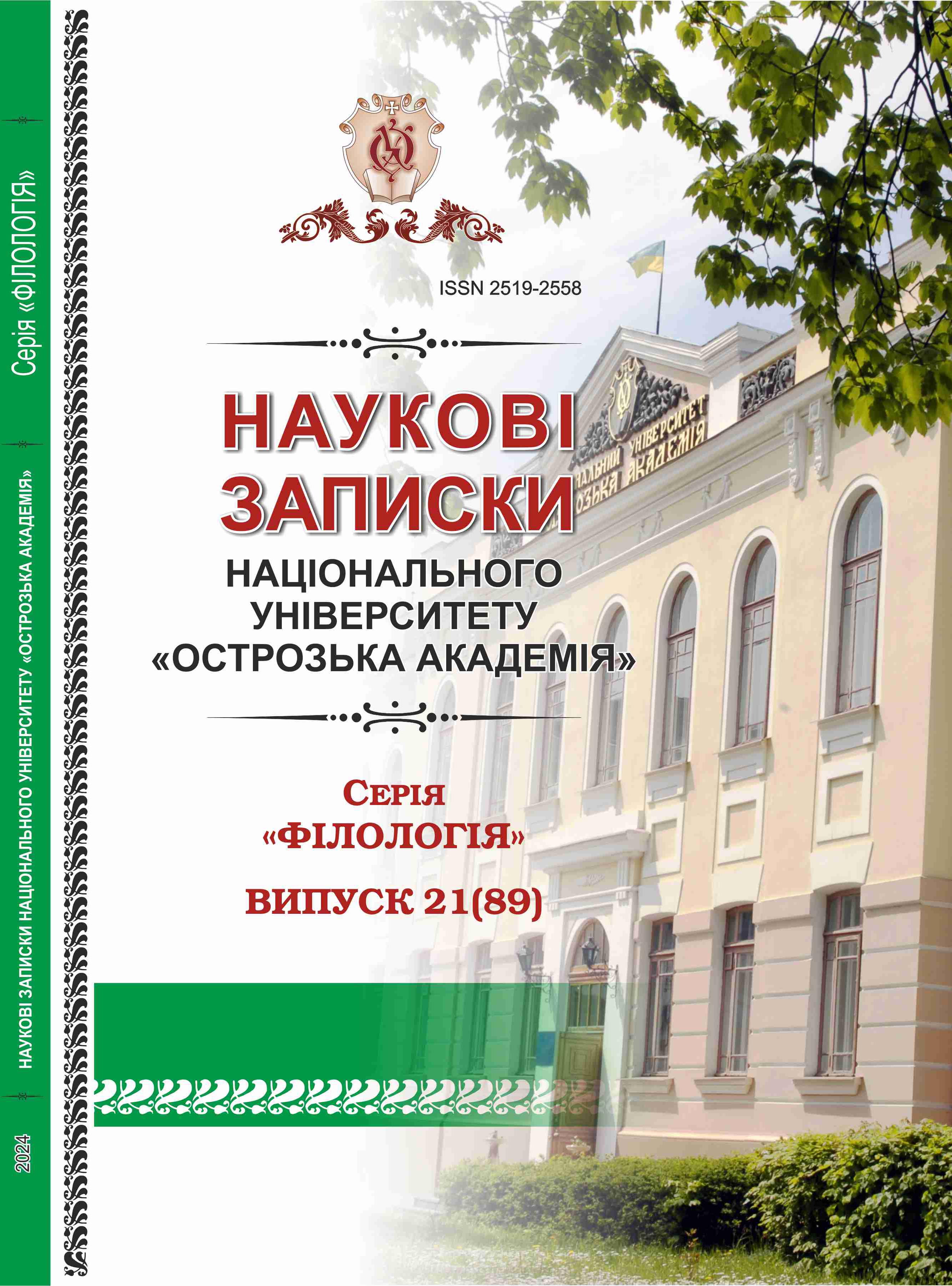EVALUATION CRITERIA OF POSTER PRESENTATIONS IN THE DEVELOPMENT OF CRITICAL THINKING SKILLS IN TEACHING ACADEMIC ENGLISH
Keywords:
critical thinking, poster presentation, assessment criteria for poster presentations, Academic EnglishAbstract
The article deals with the importance of considering the evaluation criteria of poster presentations in teaching Academic English for master’s students, in accordance with the requirements of the educational and professional curriculum of Language Mediation and TESOL. The article examines methods and criteria for evaluating poster presentations, as well as their impact on the development of students’ critical thinking. According to the methodological guidelines of Edward de Chazal and Julie Moore, the format of an academic poster comprises the following sections: 1) definitions and explanations of key terms; 2) illustration of the process; 3) quotations with reference to sources; 4) problems, challenges according to the topic of the presentation; 5) general analysis and assessment.
The resourse material is the textbook «Oxford EAP: A course in English for Academic Purposes», by the British scholars, Edward de Chazal, Julie Moore, and the analysis of the results of the students’ evaluation forms.
The practical value of acquainting master’s students with the peculiarities of preparation and analysis of assessment criteria for poster presentations is determined by the prospects of practical application of the acquired skills in various scientific events.
Analyzing data from students’evaluation forms, it can be inferred that a critical analysis of the poster presentations was efficiently carried out, showing profound understanding of the content of the poster, the relationships of its structural components. Moreover, the comments are characterized by constructive criticism and specific suggestions for improving the oral presentation of the poster and interaction with the audience. The use of the specified methodology not only enhances the development of critical thinking skills but impacts the educational process. Not only does it increase the motivation of students but also ensures a student-centered approach in educational activities and effective interaction of its participants.
The prospects of further research determine taking a comprehensive approach to its study, elaborating a set of specific exercises, considering psychological and pedagogical interaction of the participants of educational process.

